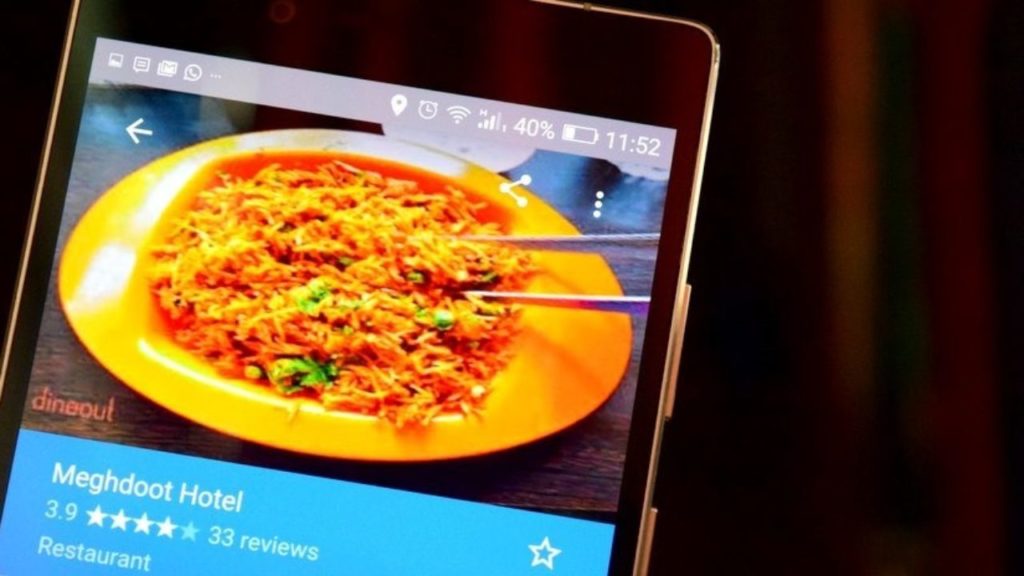The NRAI, representing over 5 lakh restaurants, has accused Zomato and Swiggy of monopolizing the food delivery market through private labeling and 10-minute delivery apps like Blinkit Bistro and Swiggy Snacc.

NRAI President Sagar Daryani expressed concerns over these platforms leveraging restaurant data to promote their own products. “They have access to all our data, which they do not share with us. We believe they are migrating our customers to their private labels,” Daryani said.
He added that this strategy cannibalizes restaurant businesses dependent on these platforms. “We are absolutely not okay with Zomato and Swiggy engaging in private labeling or selling food directly.”
Legal and Regulatory Challenges
The NRAI is exploring complaints with regulatory authorities, including the Competition Commission of India (CCI), alleging intellectual property rights violations under the Copyright Act. This comes alongside an ongoing antitrust case filed by the NRAI against Zomato and Swiggy for anti-competitive practices.
Daryani highlighted previous verbal assurances from Swiggy and Zomato that they would not directly enter the food business, assurances he says have now been breached.
Rise of Private Labels
Private labeling offers platforms higher profit margins and typically involves products priced lower than established brands. Swiggy’s grocery vertical, Instamart, already sells private labels like Supreme Harvest and Truly Good Food. Zomato’s Blinkit previously relied on private labels, which accounted for 50% of its gross merchandise value until it ceased the practice in 2021.
The NRAI does not oppose quick commerce but insists that aggregators collaborate with restaurants to facilitate such models. “Quick commerce in food delivery has the potential to grow,” Daryani said. “We fully support it… as long as aggregators work with restaurants.”
Ongoing Pilots and Industry Concerns
Blinkit Bistro and Swiggy Snacc have begun piloting their quick-delivery services, though an official launch is pending. Restaurateurs remain apprehensive, citing fears of data misuse, unfair competition, and diminishing market opportunities, as private labeling continues to disrupt the traditional aggregator-restaurant dynamic.
This legal battle could redefine the relationship between restaurants and delivery platforms, emphasizing the need for fair practices in India’s burgeoning food delivery market.











